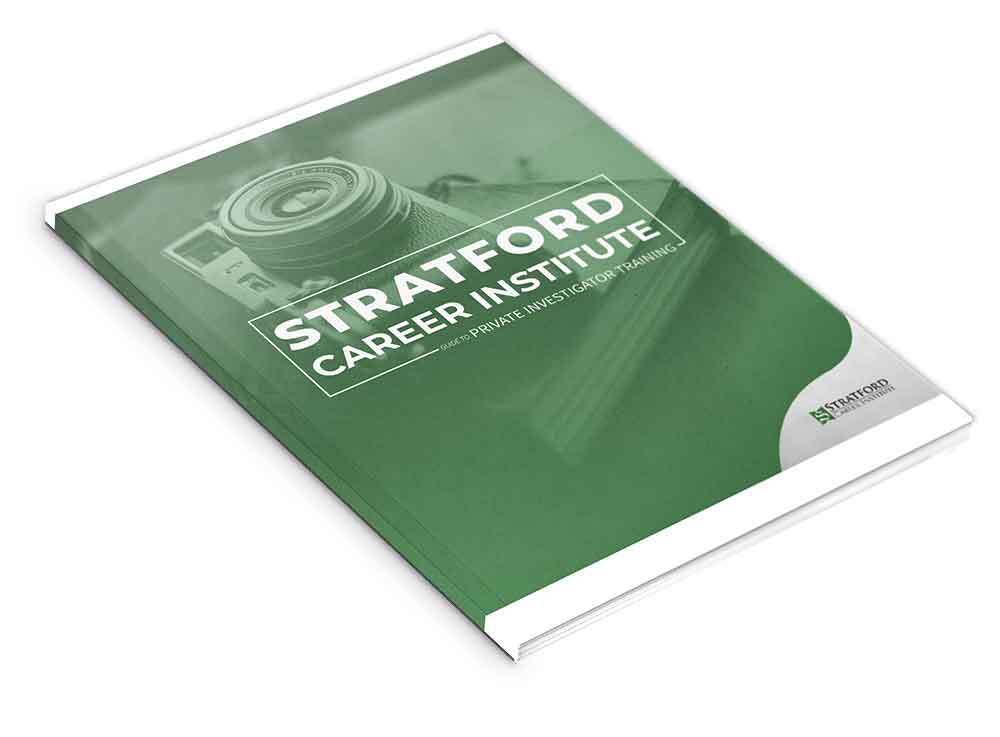
Further, films have spent YEARS selling people on the idea that it’s a job that is exciting, kind of a cross between being a police officer, Sherlock Holmes, and a gun-toting mercenary.
However, the reality of a career as a private investigator is quite different. It’s a job that rarely interacts directly with clients in this day and age, for example. Instead, many private investigators these days work to build cases for their clients, allowing their clients to take legal action.
But building such cases is not simple, and evidence gathering is not as easy as walking around with a magnifying glass, picking up anything that you’d like and handing it over to the client.
In other words, if you want a job as a private investigator, you need to understand what you’re doing.
Taking Classes
The quickest way to learn what is and is not acceptable for a private investigator to do is to take a class on being a private investigator, obviously.
Believe it or not, most regions do not require any sort of actual ‘training’ before becoming a private investigator.
If you don’t have the kind of background, it might be in your best interest to get to a local school or an online course to learn the basics about legal investigations in your area.
What Makes A ‘Good’ Class?
So, if you’re looking to become a private investigator, what makes a ‘good’ class to take? What sets one class apart from another?
Aside from the brand names attached to various classes and where they’re held, the big difference is in what they cover.
A good class will cover a few of the following things.
Finding Evidence
The first, and most important thing, that any class on private investigations should cover is how to ‘find’ evidence. This does not mean how to search for it (although many classes will cover that as well), though.
What it means is how to find evidence in a way that it is admissible in court.
For example, evidence can be kept in areas legally closed off to the public, like an office, a home, or even a car. The evidence is there, and it may be important to an investigation, but if the only way to reach the evidence involves breaking a law, that makes the evidence essentially worthless.
Illegaly discovered evidence is inadmissible in court, and even a novice lawyer will be able to get it thrown out in a case. That means that if laws aren’t followed when getting evidence, you’re just wasting your time and possibly harming your clients’ case.
Maintaining Evidence
It’s also important that once a private investigator HAS evidence, they know how to legally maintain it. In some cases, this simply means making sure that computers remain removed from any person or place that could possibly tamper with them. In other cases, it could mean turning evidence over to lawyers as quickly
as possible, or even to the police, depending on the nature of the evidence.
Knowing what to do with evidence is just as important as knowing where to get it.
Legality
The legality of an investigation is extremely important. A good course, like the one offered by Stratford Career Institute, will teach the proper way to conduct an investigation, and what can be done to make sure that evidence collected will be admissible.
Self-Defense
Some courses will even teach a bit about self-defense. Now, this isn’t required, and not every private investigator will need to know anything about self-defense laws in their area. However, some private investigators do need to know these things. Private investigators can work highly-contested and emotionally-charged investigations like divorces and child custody battles.
In such cases, sometimes people get violent. Understanding a little bit about self-defense law can be valuable for a private investigator.
Where Can I Learn More?
If you’re looking for a place to learn about being a private investigator, there are many options. A local college, or community college, might be able to help, if you have the time (and the money).
However, if you’re a busy person, as so many of us are, then you may just be better off working with an online course, something like Stratford Career Institute, that will allow you to learn at your pace and when you want to.
A new life as a private investigator is at your fingertips; all you need to do is take those first steps to begin your career.


